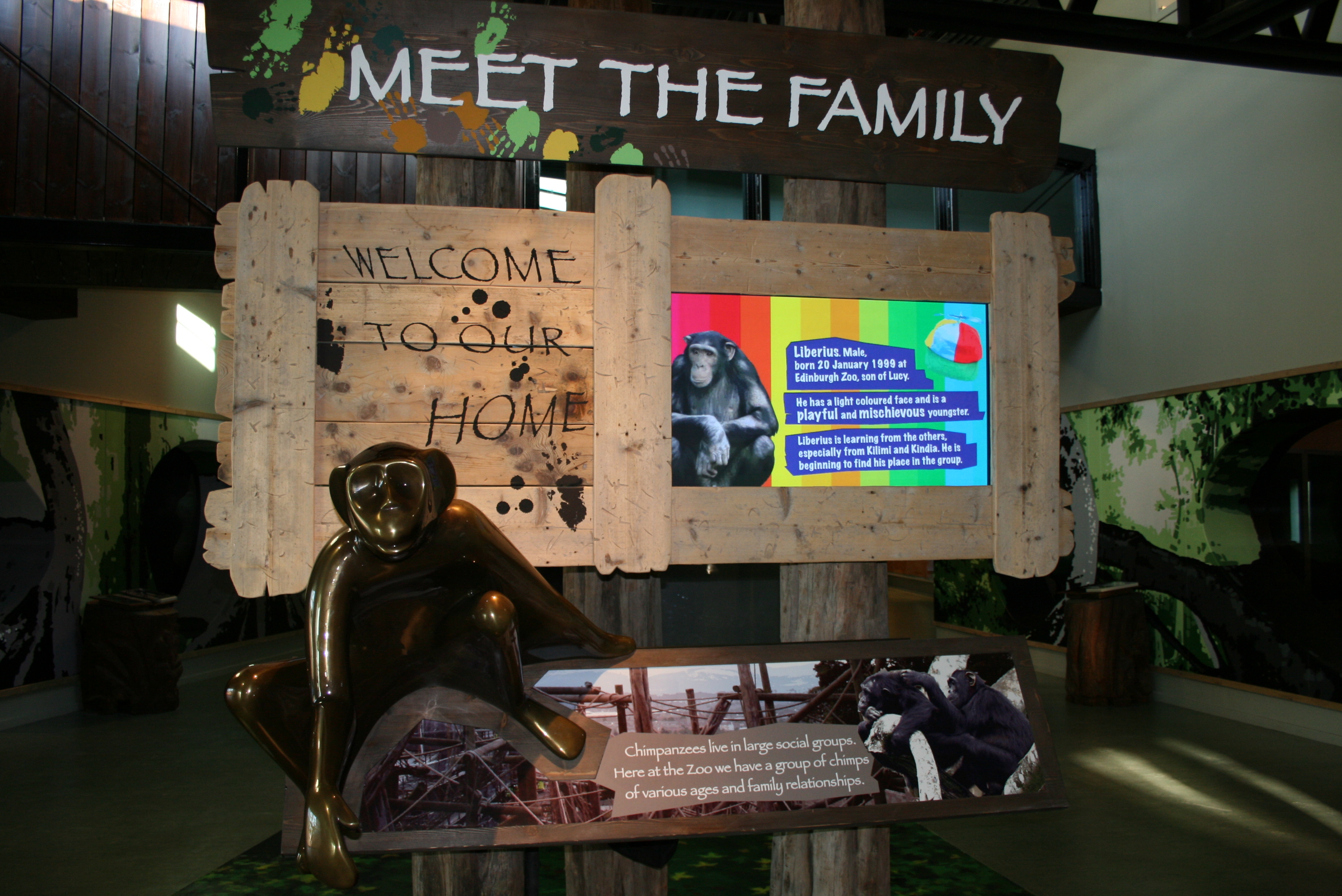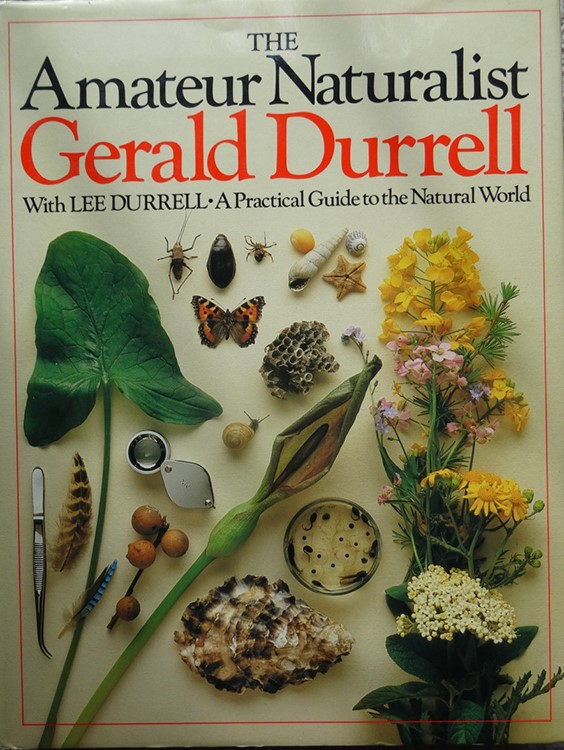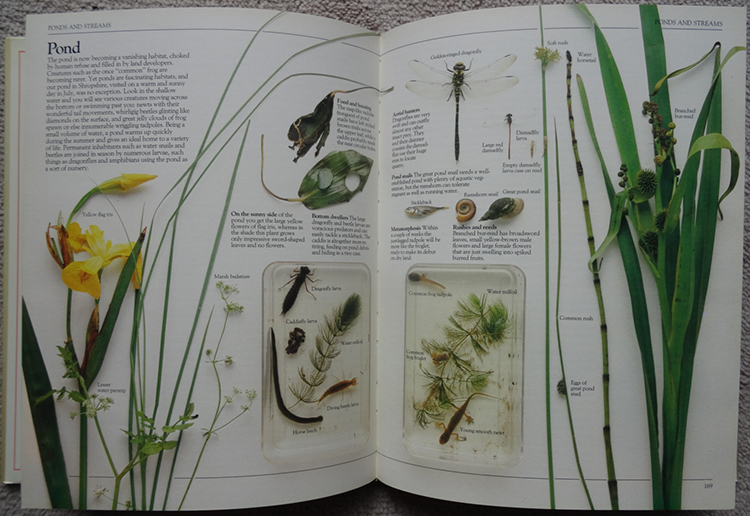Dudley Zoo was opened in 1937 around the ruins of the castle on the hill. It is of particular note for the original features and enclosures designed by the Tecton partnership and Berthold Lubetkin.
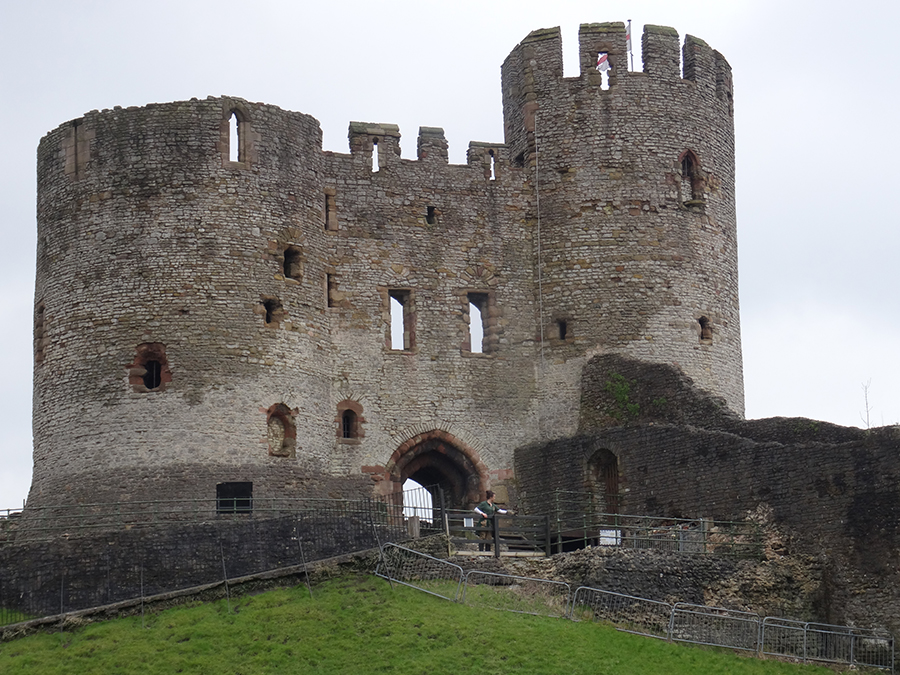
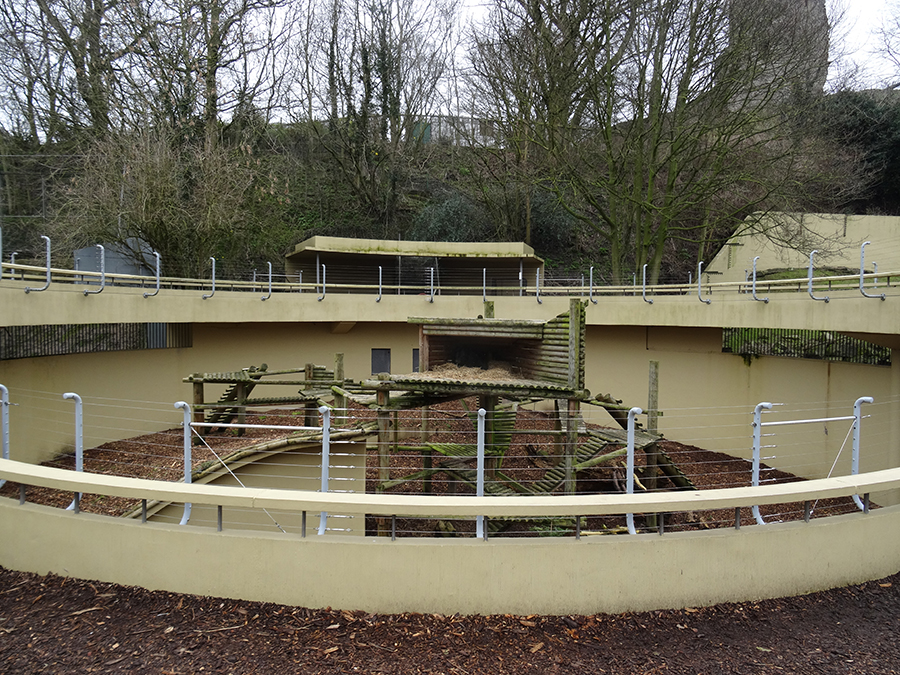
Lubetkin and Tecton created ‘modernist’ structures using pre-stressed reinforced concrete and in the 1930s this was revolutionary. Perhaps their most famous zoo structure is the ‘old’ penguin pool at London Zoo, but Dudley Zoo was designed with these structures throughout, and they made a real striking feature surrounding the ancient castle.
Not surprisingly Dudley Castle is a listed (protected) building of historic importance. However, the 12 Tecton structures that survive (the penguin pool was lost in 1979 due to dilapidation) are now listed Grade II or II* and have World Monument Fund status. This means that as a zoo, Dudley has a significant additional asset and burden – buildings of great historic importance, but ones that have to be maintained alongside the zoo, even when the suitability for their original inhabitants is passed. It calls for lateral thinking and budgeting – ideal for students to study and review.
I was therefore delighted to work with a group of nearly 40 animal care students from Sparsholt College, Hampshire, on a visit to Dudley Zoo last week looking at enclosure design and contrasting Dudley to other zoos they had visited.
Dudley Zoo has done well in ‘adapting’ old Tecton structures and making them usable and suitable habitats for other species – largely by adding substrates; such as bark; and features such as climbing frames and plants. The rest of the site also has some cost effective enclosure designs using features of the hill and landscape, eg gelada baboons, otters, walk-through lemur wood.
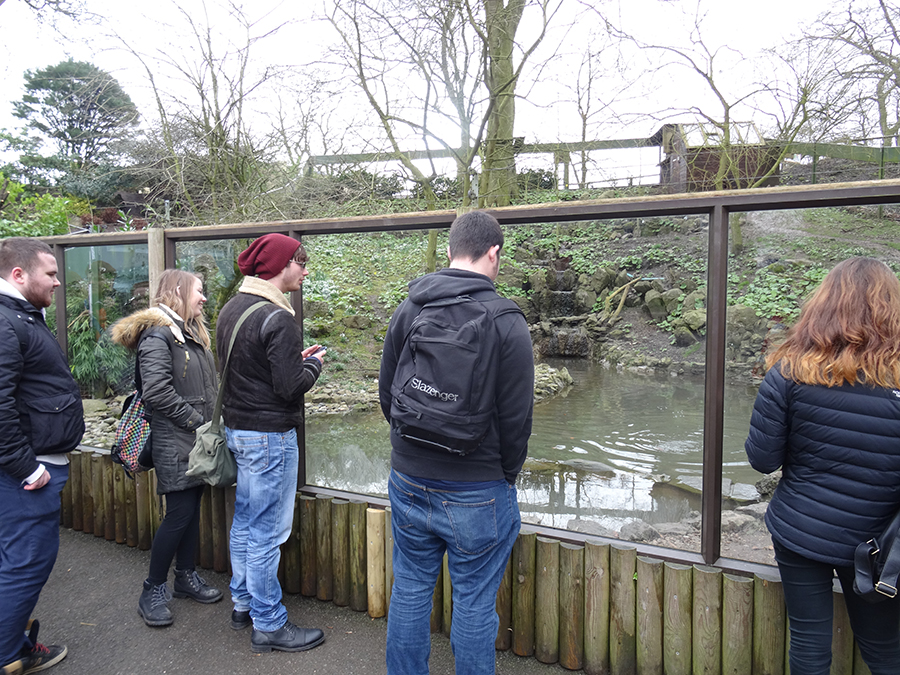
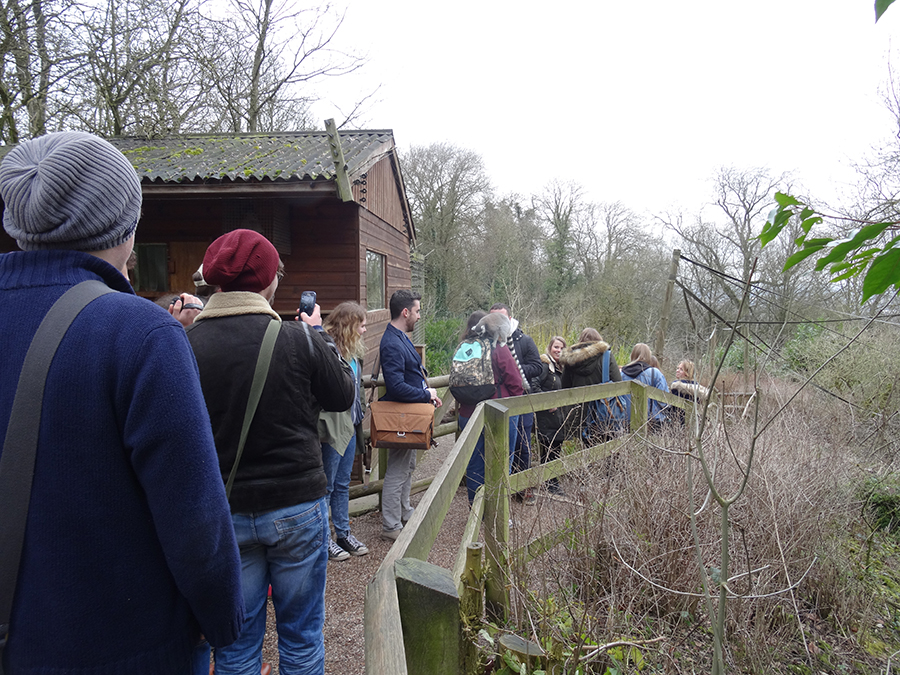
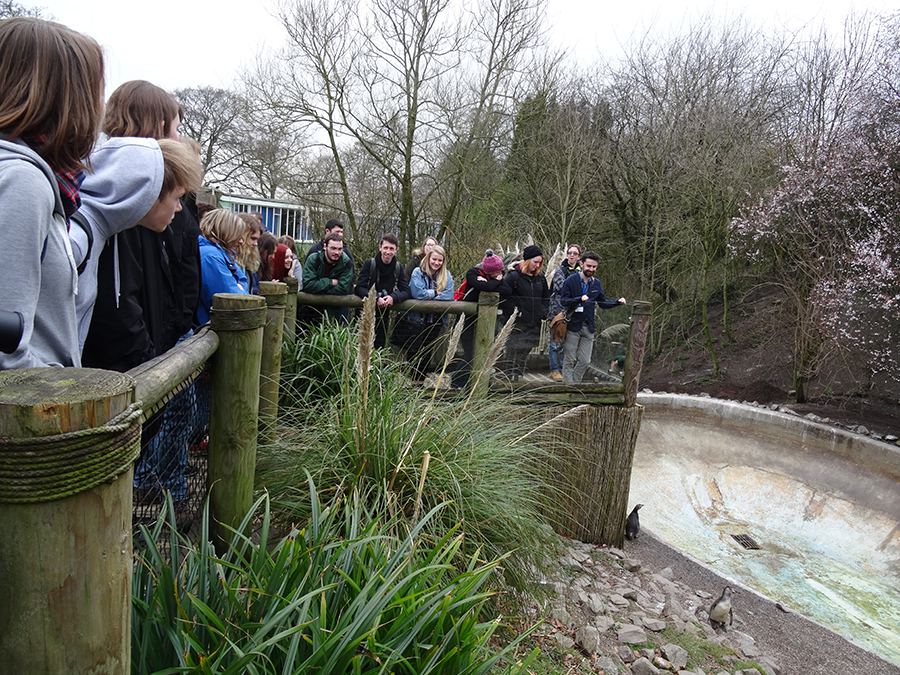
The students were able to focus upon how the needs of animals, keepers and visitors are met through the different approaches and styles of enclosure, as well as appreciate the constraints and limitations listed buildings have upon a zoo, as well as experience this unique zoo, castle, bird of prey display and talks on sealions and penguins.
Dudley Zoo staff were very helpful answering questions, and the students also got to meet the zoo director. This visit enabled learning outcomes relating to assessing and evaluating enclosures; comparing and contrasting different zoos and understanding zoo design and development within constraints of site and budget.
Thanks to all involved for a good day at the zoo!
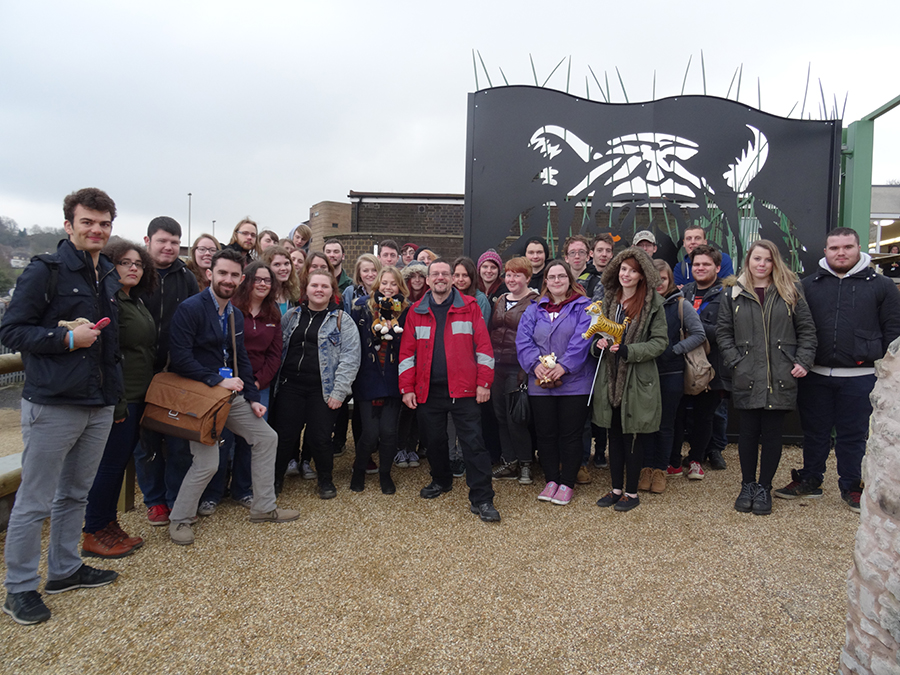




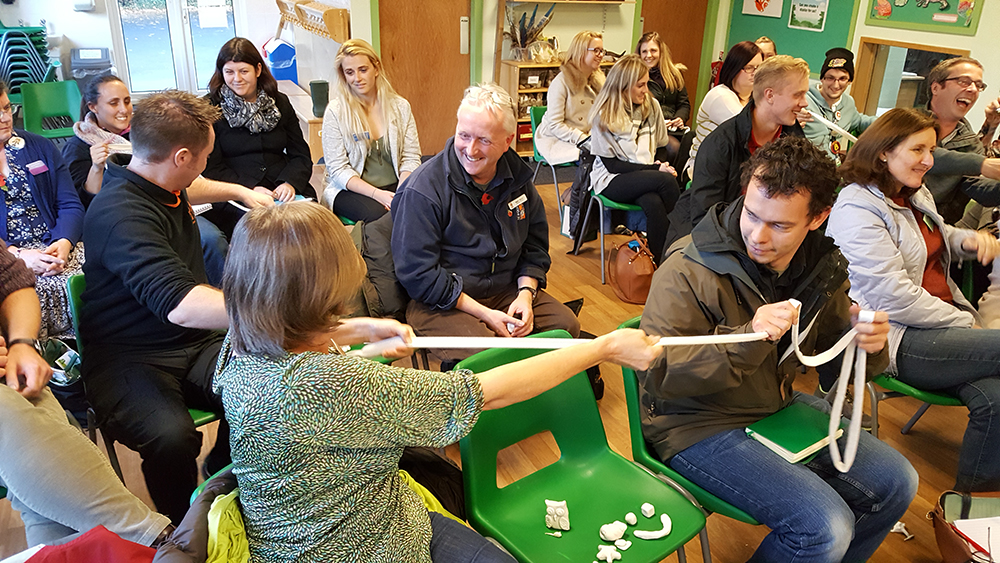
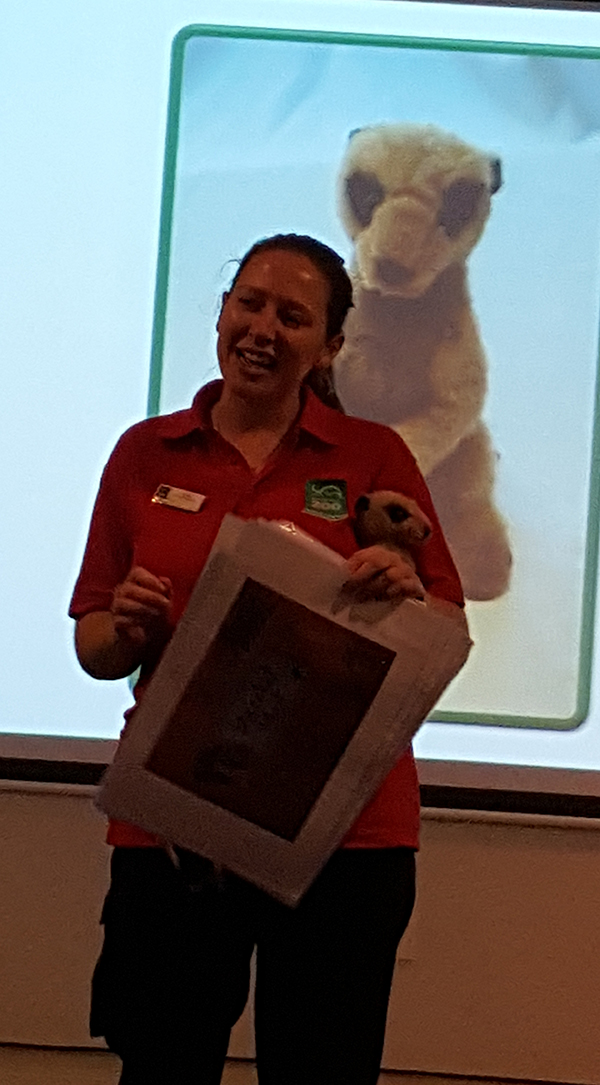
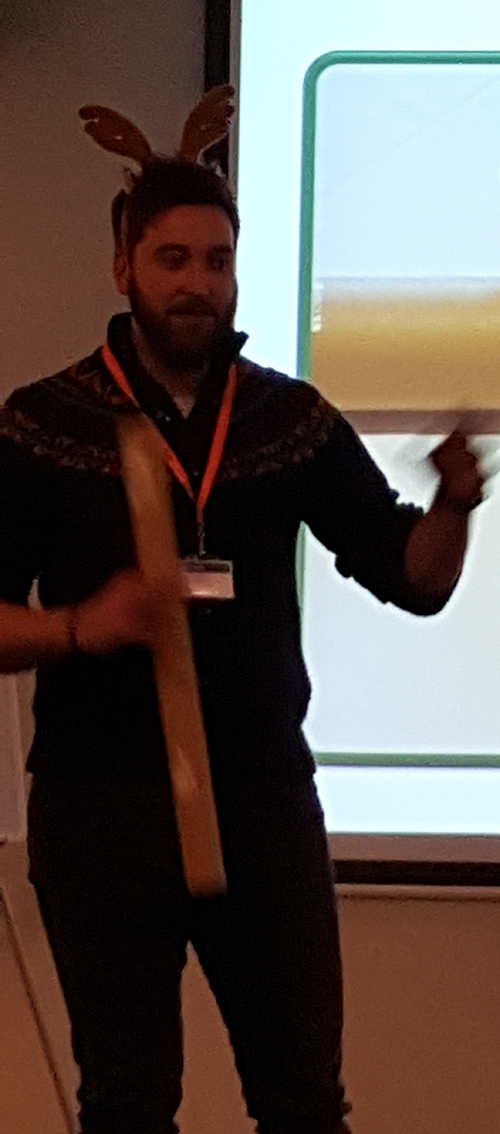
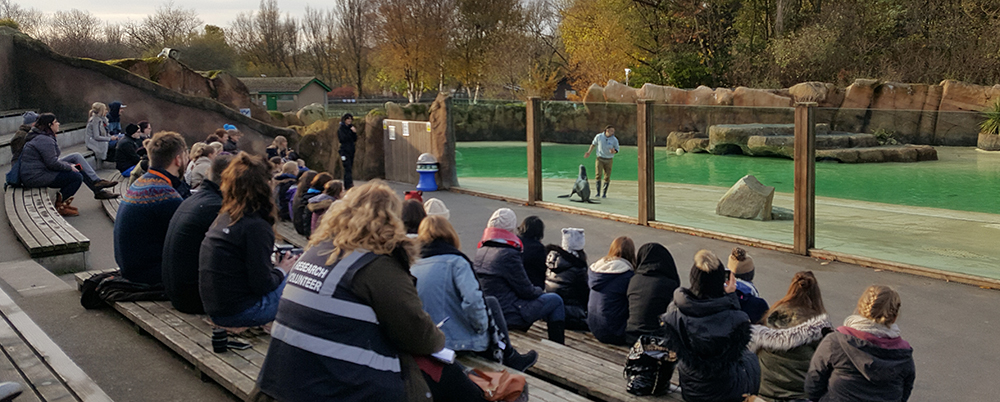

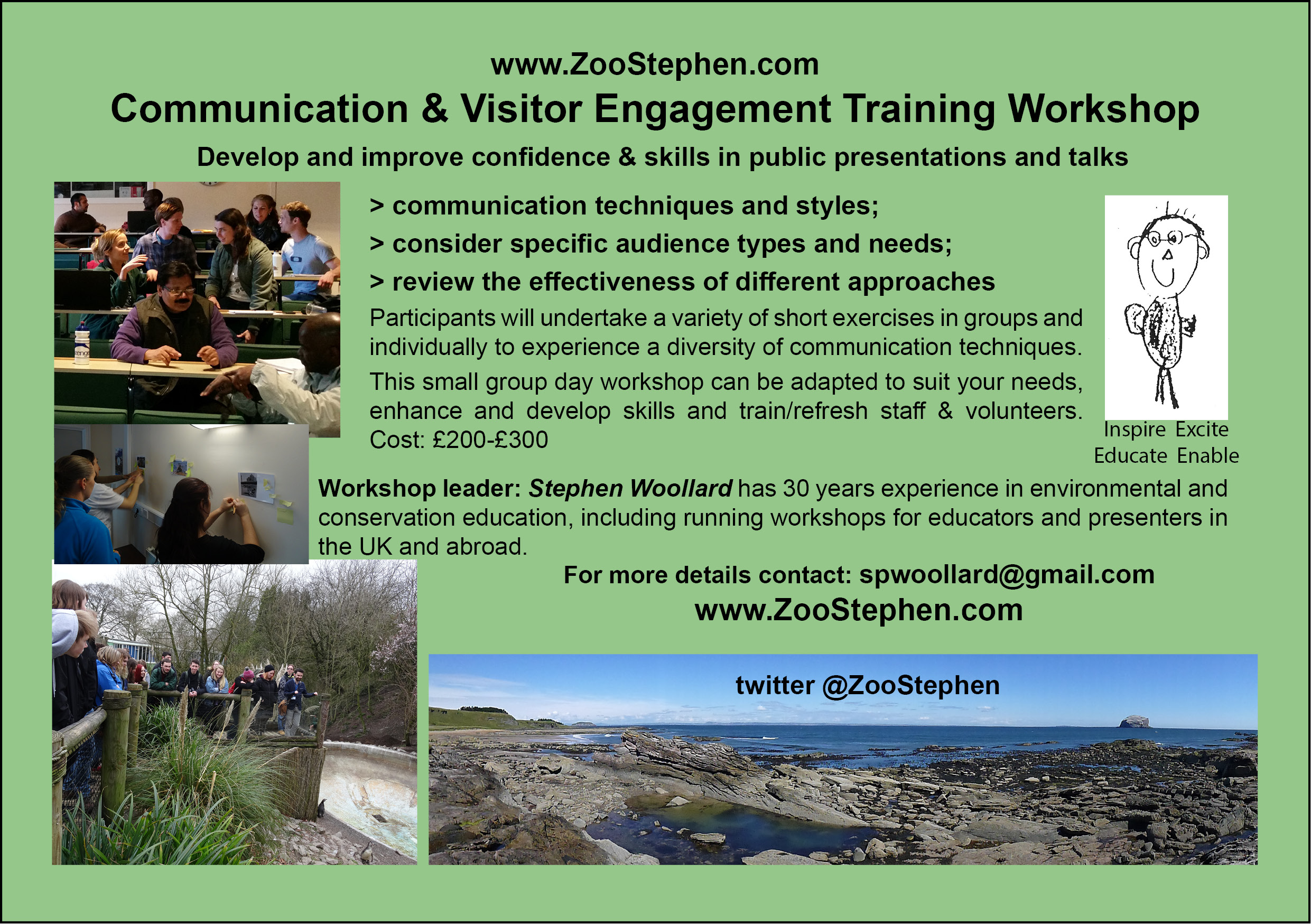
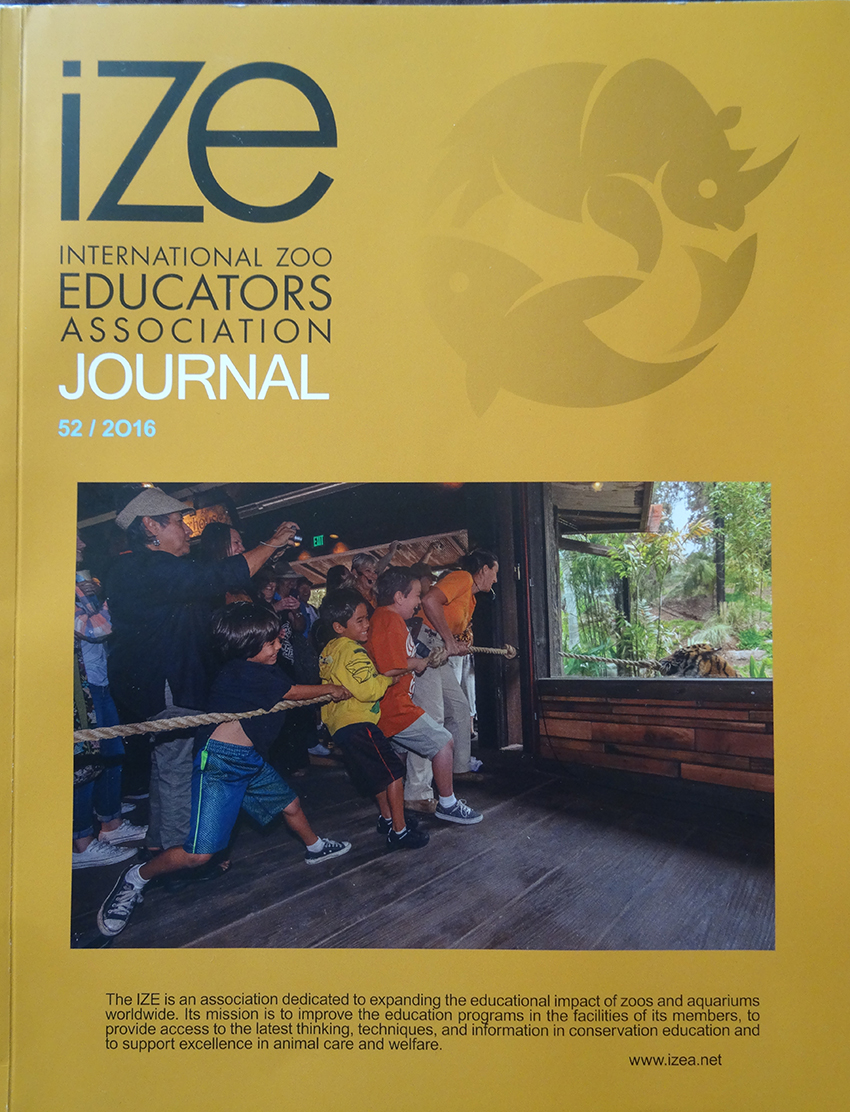
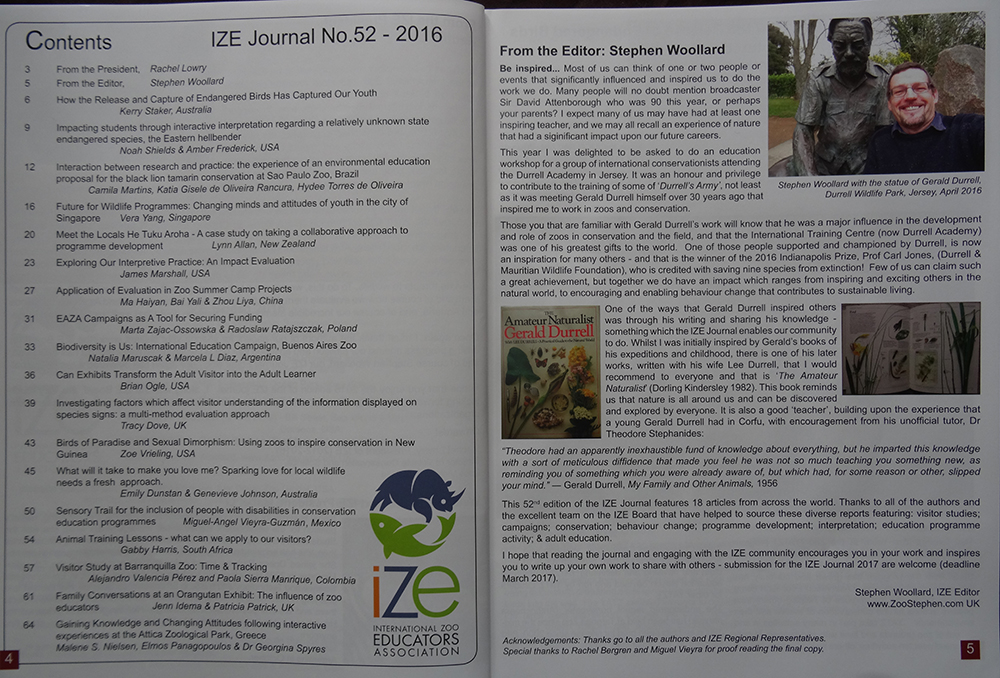
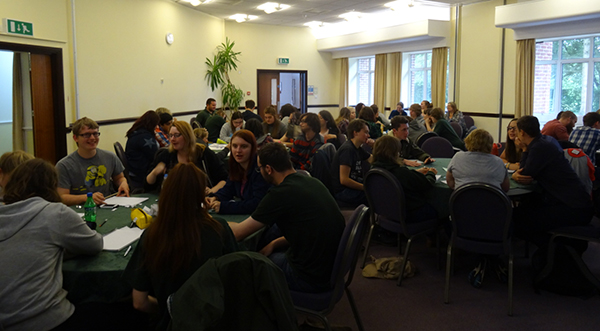
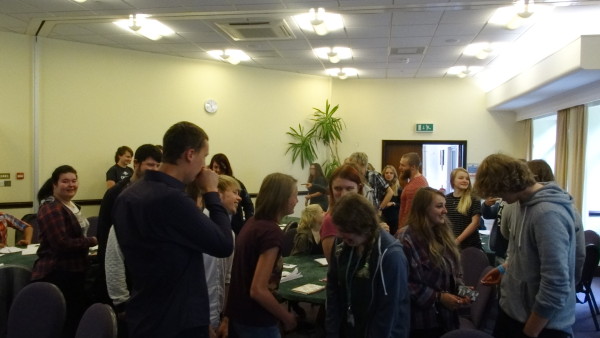
 It is however, disappointing that in many cases, the support for training is expressed and stated in policy but not followed through in terms of providing sufficient time and resources to enact. My training workshops are therefore provided cheaply to enable participation and engagement and motivation; likewise ABWAK workshops are designed to support keeper development at minimal cost and use the community’s shared expertise.
It is however, disappointing that in many cases, the support for training is expressed and stated in policy but not followed through in terms of providing sufficient time and resources to enact. My training workshops are therefore provided cheaply to enable participation and engagement and motivation; likewise ABWAK workshops are designed to support keeper development at minimal cost and use the community’s shared expertise.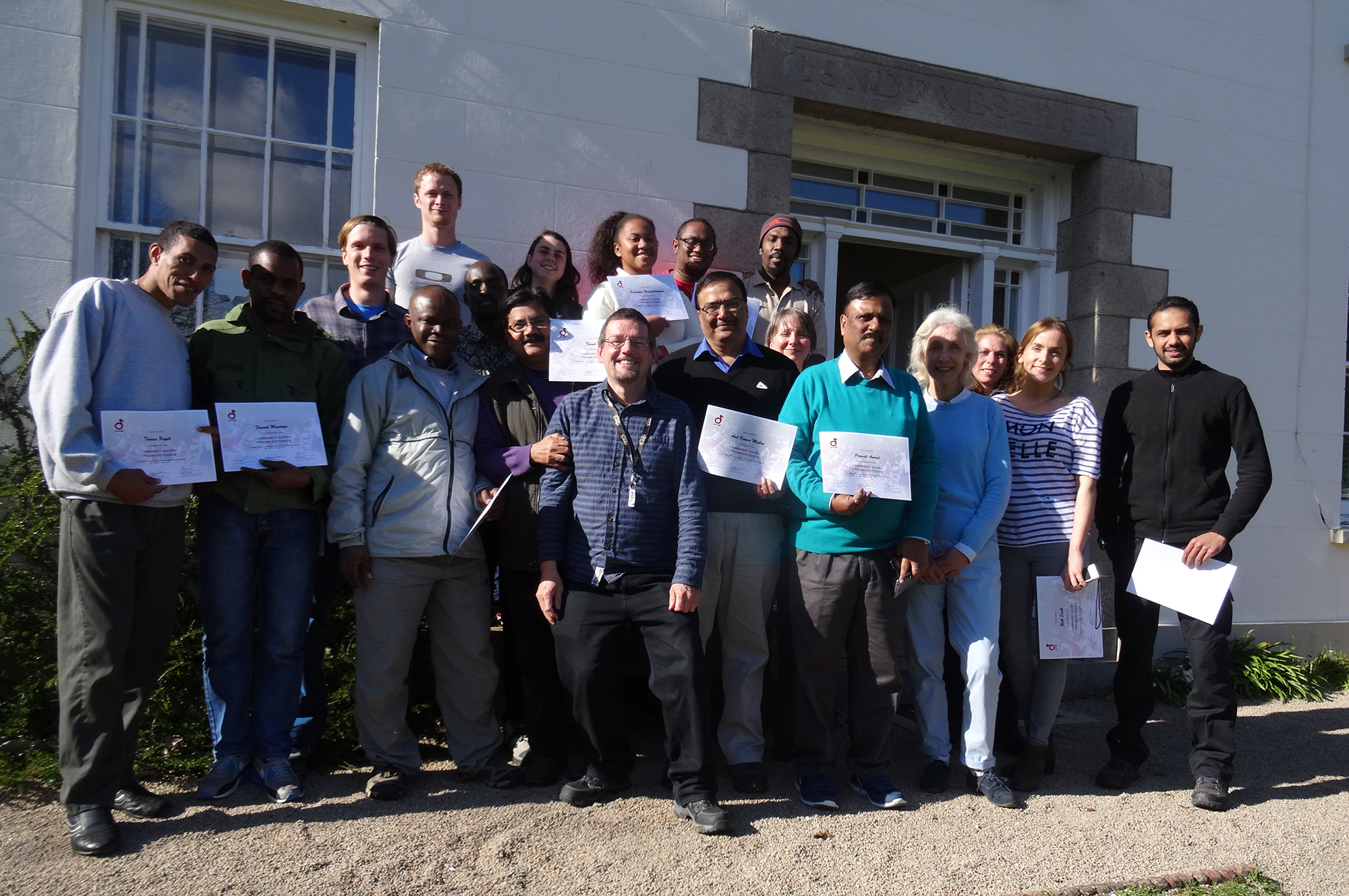
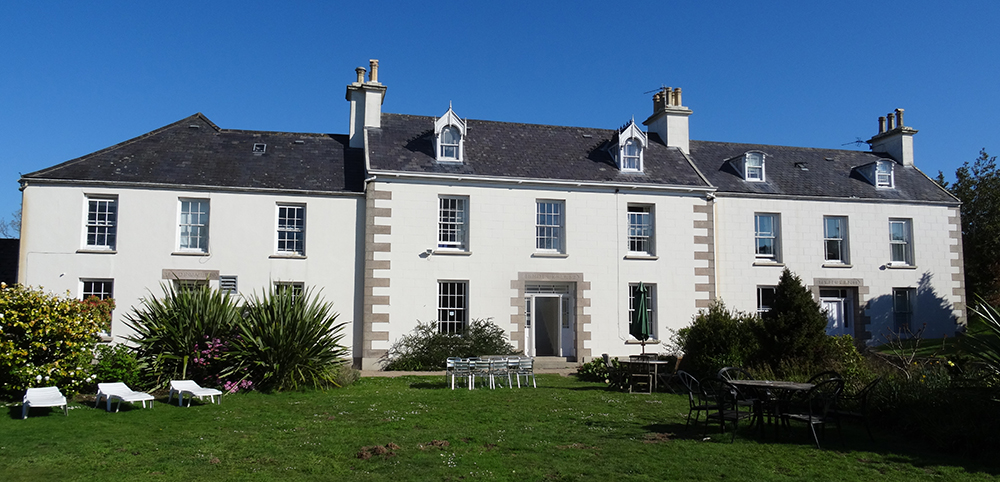
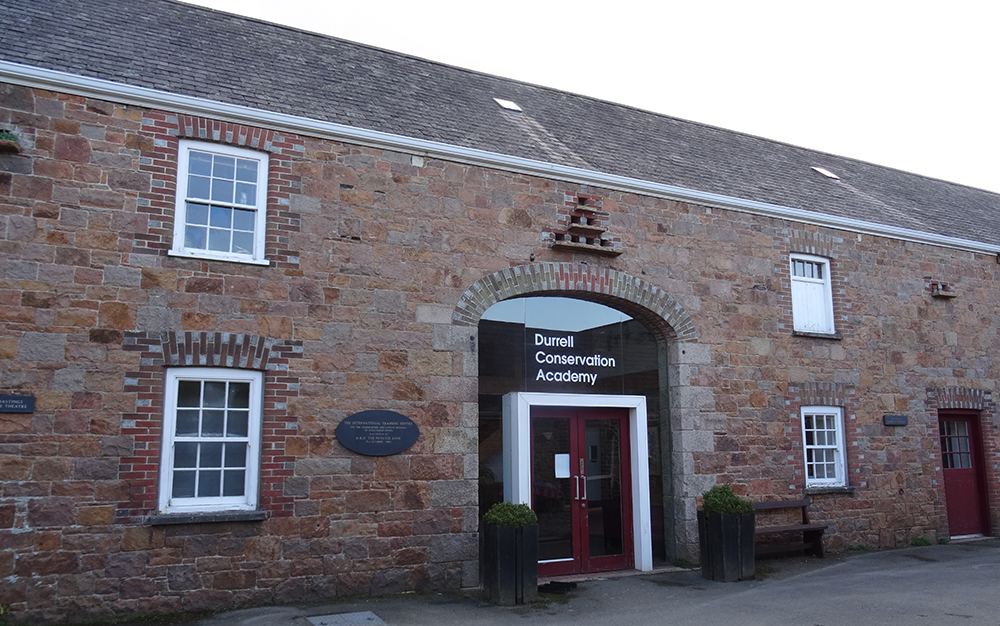 With the 12 week DESMAN – Durrell Endangered Species Management Graduate Certificate – the participants achieve academic recognition, validated by the University of Kent. The course has a high reputation and it is brilliant that scholarships are available.
With the 12 week DESMAN – Durrell Endangered Species Management Graduate Certificate – the participants achieve academic recognition, validated by the University of Kent. The course has a high reputation and it is brilliant that scholarships are available.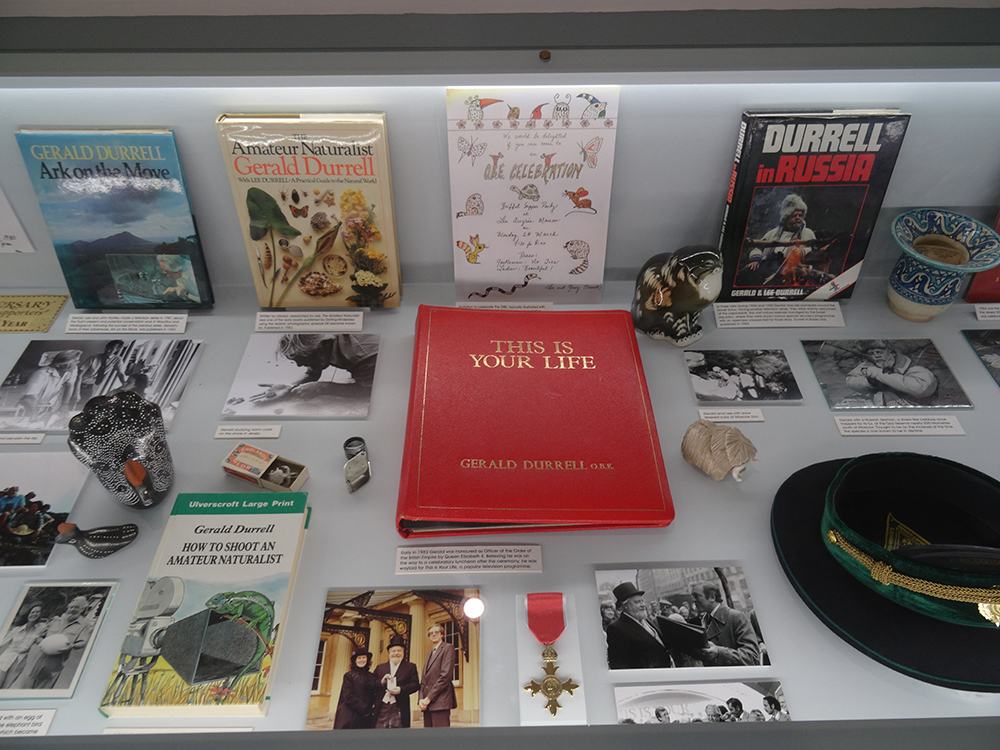
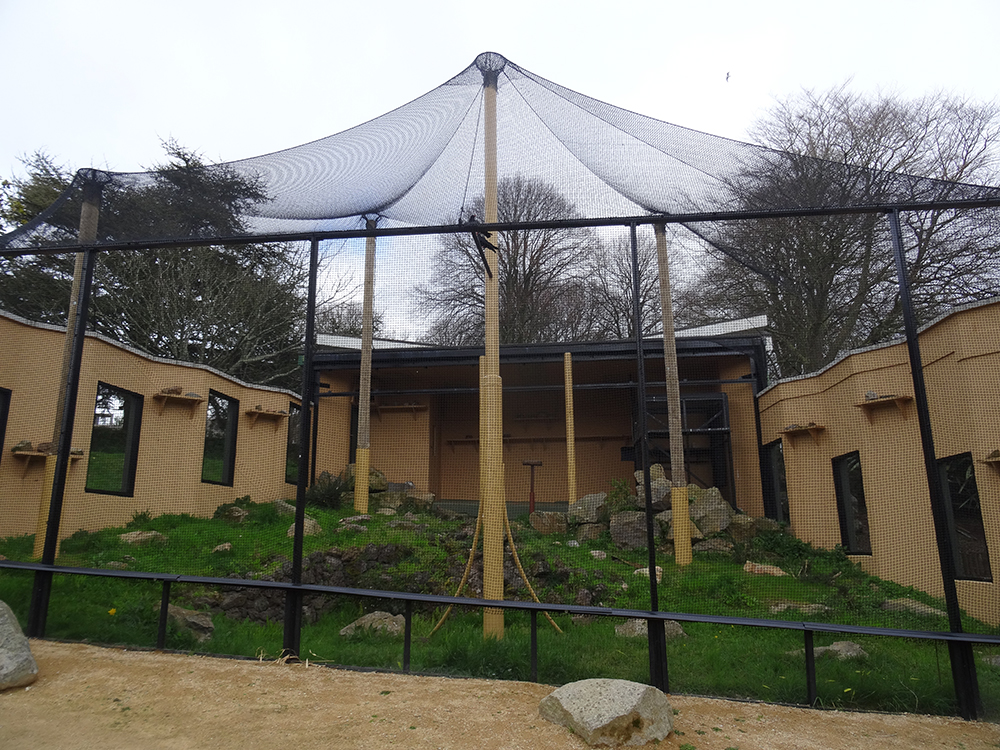
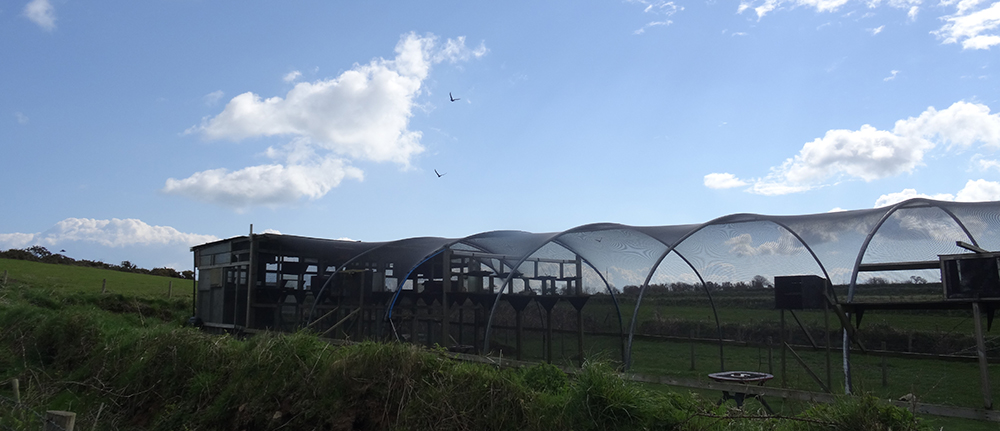
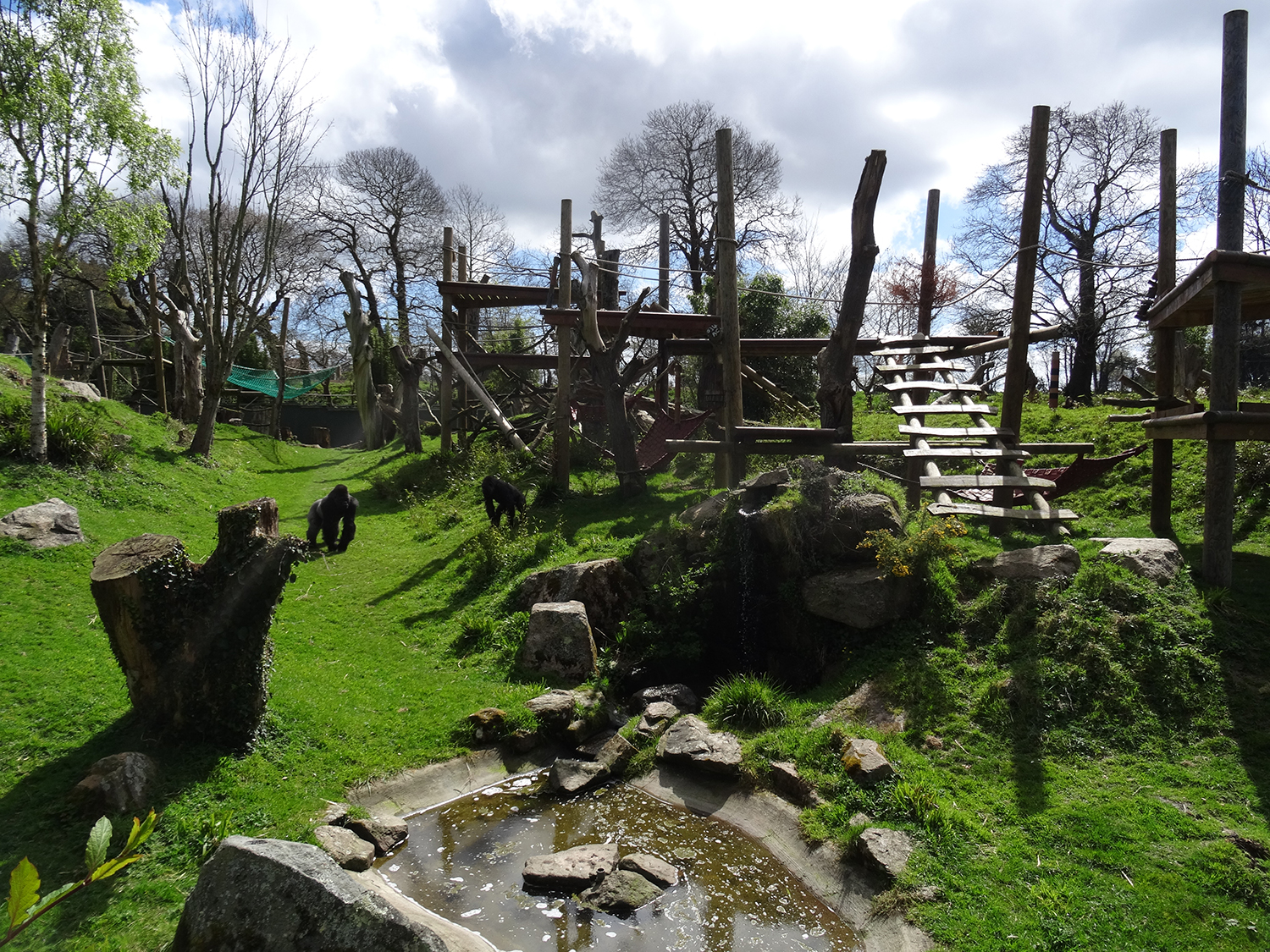
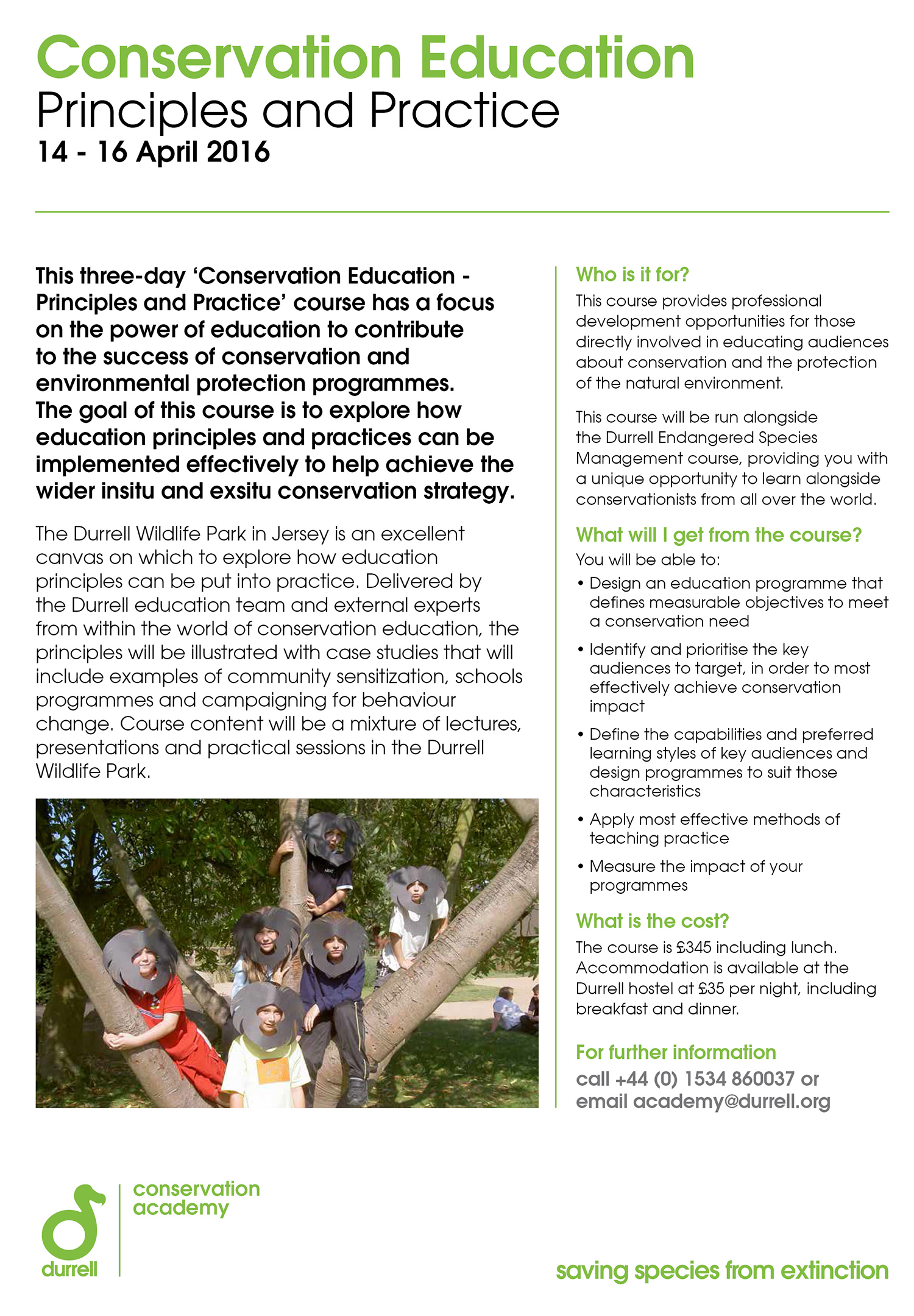
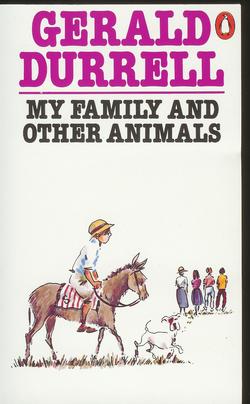 However, there are, in everyone’s life, people who make a difference too. This week UK TV channel ITV launched a new series ‘The Durrells’ based on the books by Gerald Durrell and his early life on Corfu. Gerry was perhaps the most influential ‘famous person’ in my life. I began reading his books aged about 10 and soaked them up page by page, imagining and picturing the scenes. Whilst ‘My Family and Other Animals’ is a favourite, over the years I loved his animal collecting tales and zoo stories, and appearances on TV. I consider myself very lucky to have met him and to have been ‘persuaded’ by a conversation with him, that working in zoos/conservation was something I could do. I hope that the new TV adaptation inspires and brings more people to his work and especially to the work of the Trust he established in Jersey and now called Durrell www.durrell.org
However, there are, in everyone’s life, people who make a difference too. This week UK TV channel ITV launched a new series ‘The Durrells’ based on the books by Gerald Durrell and his early life on Corfu. Gerry was perhaps the most influential ‘famous person’ in my life. I began reading his books aged about 10 and soaked them up page by page, imagining and picturing the scenes. Whilst ‘My Family and Other Animals’ is a favourite, over the years I loved his animal collecting tales and zoo stories, and appearances on TV. I consider myself very lucky to have met him and to have been ‘persuaded’ by a conversation with him, that working in zoos/conservation was something I could do. I hope that the new TV adaptation inspires and brings more people to his work and especially to the work of the Trust he established in Jersey and now called Durrell www.durrell.org